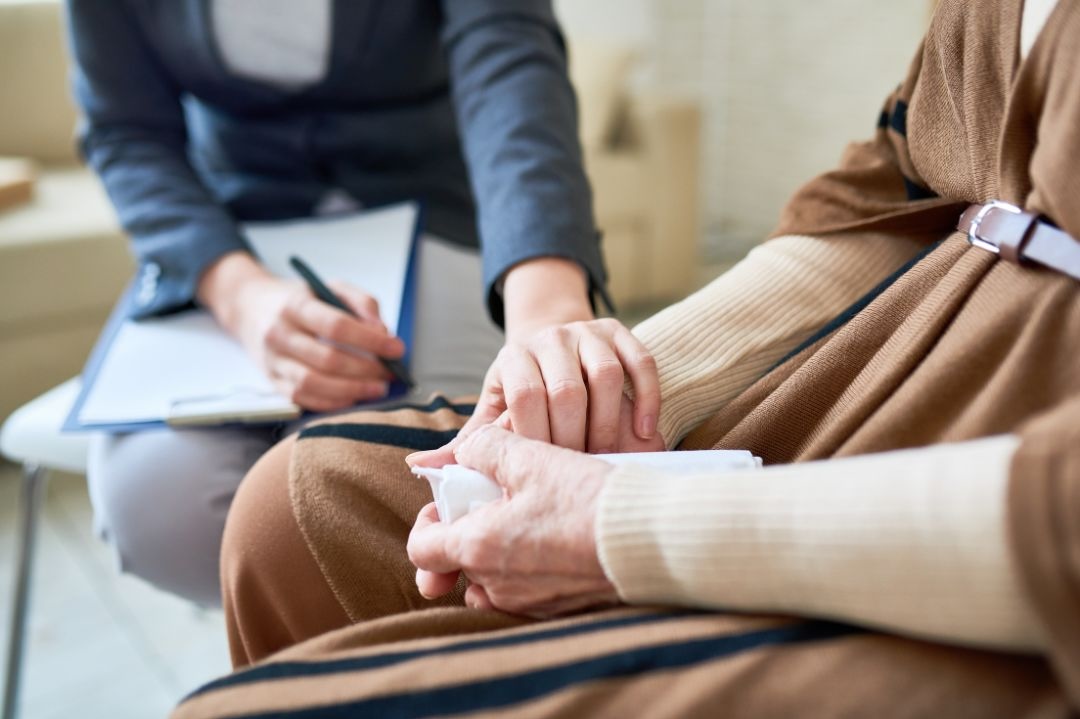Short Bowel Syndrome is a rare and complex disease which usually develops after a significant portion of small bowel and /or colon is removed surgically. This condition can also occasionally happen as a result of a portion of the bowel losing function as a result of a congenital condition and is a form of intestinal failure.
Sufferers of short bowel syndrome often have a reduced ability to absorb much-needed nutrients such as fats, carbohydrates and essential vitamins and minerals. This can result in malabsorption and malnutrition. This is a chronic condition for which there is no cure, although you can find out how to control your symptoms here. People who have chronic digestive illnesses such as Crohn’s Disease are more likely to suffer from this condition as a result of multiple surgeries and prolonged inflammation.
Short Bowel Syndrome Symptoms
The symptoms of short bowel syndrome are varied and depends on the severity of the condition. The less functional bowel that you have available, the more symptoms you are likely to suffer from. Sufferers may experience:
- Chronic diarrhoea
- Dehydration
- Weight loss
- Feeling generally unwell and fatigued
- Pale, greasy stools
- Abdominal cramps and bloating
- Dry, flaky skin
How is Short Bowel Syndrome Diagnosed?
A diagnosis will be considered based on a patient’s previous history. If a patient has had several surgeries resulting in the removal of the small bowel or has chronic digestive disorders then short bowel syndrome will be considered.
A complete blood count will be taken to look for signs of malnutrition or nutrient deficiency and a CT scan and/ or MRI scan may be performed to check for signs of obstruction or ileus which could be causing the intestinal failure. Liver function tests may also be performed to check for signs of liver damage caused by lack of nutrition.
To find out about treatments for short bowel syndrome and how you can help control your condition, click here.









